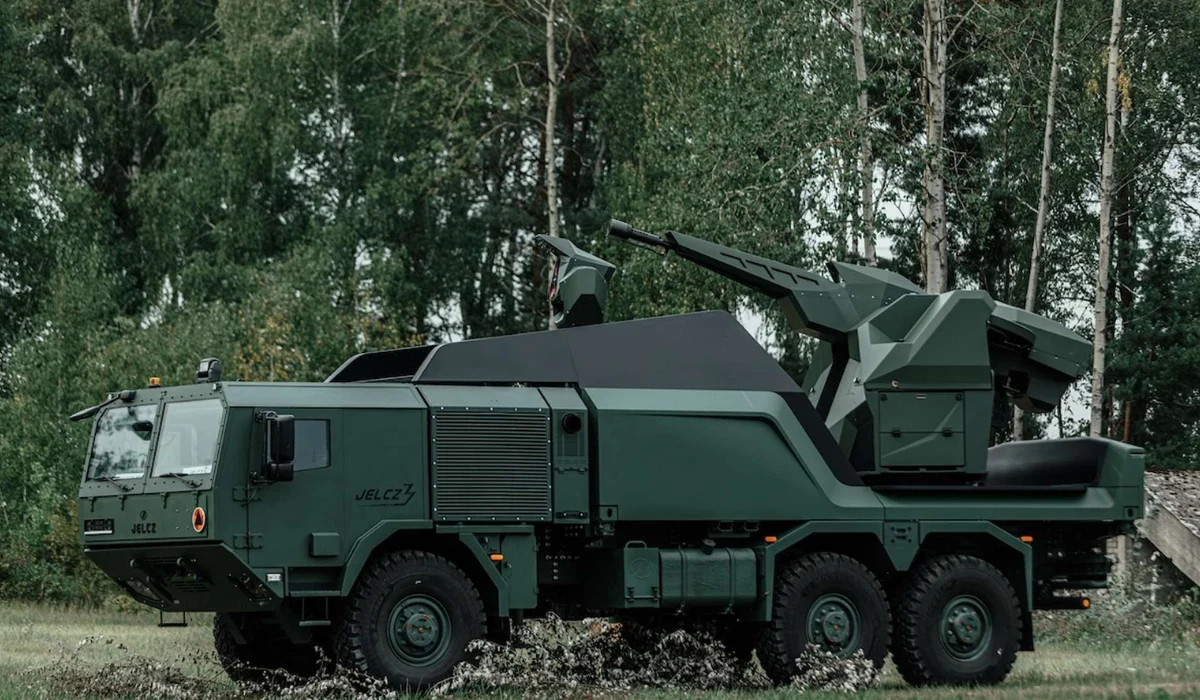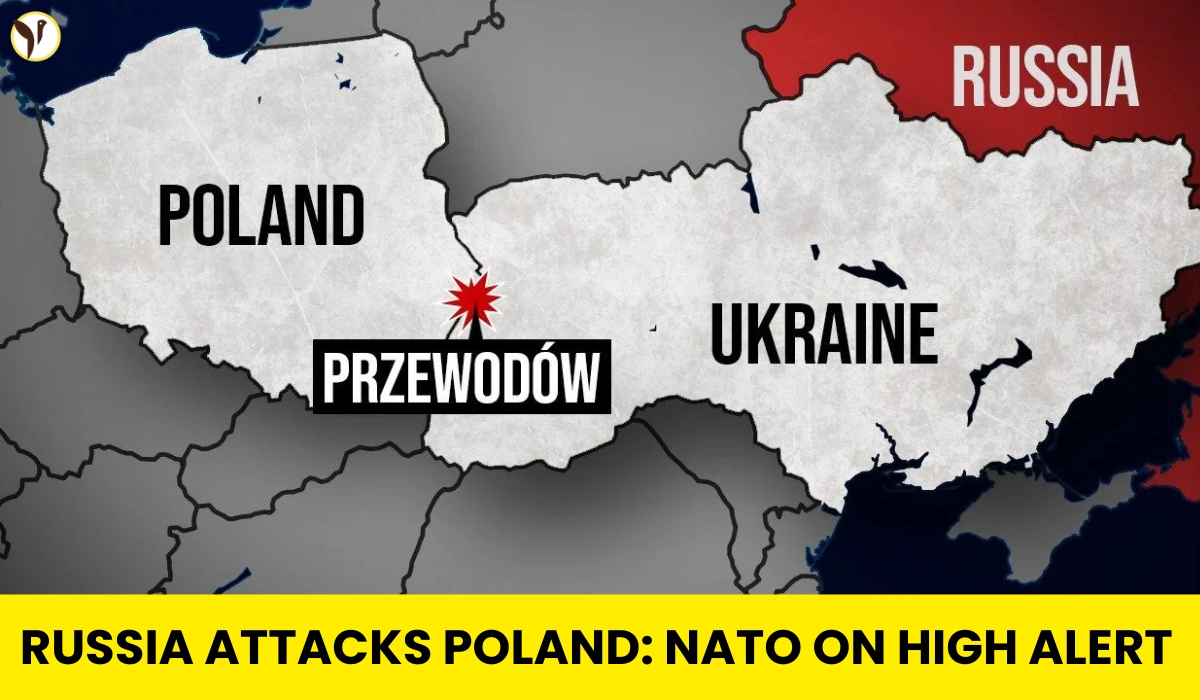Poland has downed a number of Russian drones that had crossed into its airspace during a sweeping overnight attack on Ukraine; this is reportedly the first time a NATO member has used weapons directly in the war. The encounter, on September 10, triggered alarm across Europe and put NATO into a hurried diplomatic mode over security on its eastern flank.
Prime Minister Donald Tusk confirmed that a number of drones had crossed into Poland while Russia conducted what is likely one of its heaviest strike against Ukraine. He characterized the incident as a “serious provocation” and stated that Poland had called for Article 4 consultations under NATO due to an attack on a member to determine actions NATO could take to improve security in Poland.
According to officials, between 10 and 19 drones entered Poland. Air defenses, supported by NATO aircraft, engaged those drones considered dangerous. Airports in Warsaw and Lublin were shut down Out of abundance of caution, residents in Eastern Poland were asked to stay indoors. No injuries were reported, with parts of destroyed drones found near border towns.

NATO Response and International Reactions
NATO jets operated from bases in Poland and allied countries quickly sprang into action during the drone incursion. Dutch F-35s, and Italian reconnaissance airplanes, were some of the aircraft involved in the mission. NATO Secretary-General Mark Rutte held direct conversations with Polish leaders, made it clear that the alliance remained prepared to defend party members.
The United States and European Union also expressed solidarity, calling for new sanctions on Moscow and greater commitment to investing in Europe’s air defenses. Ukrainian President Volodymyr Zelenskiy stated that Russian troops launched in excess of 400 drones and at least 40 missiles overnight, and some of the weapons were purposefully targeted for Poland.
Lithuanian officials cautioned that situations like this could escalate into a greater conflict and Tusk stated Poland had never been on the verge of open confrontation as it is now since the Second World War. "our country’s security is not just a national issue, it is an issue for all of NATO," he said.
Russia is attacking NATO ally Poland with Iranian shahed drones less than a week after President Trump hosted President Nawrocki at the White House. This is an act of war, and we are grateful to NATO allies for their swift response to war criminal Putin’s continued unprovoked…
— Joe Wilson (@RepJoeWilson) September 10, 2025
Key Figures at a Glance
|
|
|
|
|
|
|
|
|
|
|
|
|
|
|
|
|
|
|
|
|
|
|
|
What This Means for Europe
Poland’s action in downing Russian drones would be seen to be an important watershed in this war, demonstrating how readily the conflict may explode over borders. Poland's downing of Russian drones and the applicability of Article 4 is important for a variety of reasons. The NATO members, until this point, have approached aid for Ukraine in the form of weapons supplies, intelligence, or support, while abstaining to engage directly with Russia over its assets. The current event differentiates Poland in its attacks and signals to NATO that escalation is possible and will necessitate increasing cooperation among Europe on air defense.
For Poland, it is a demonstration of what political risk looks like as a frontier NATO country. Path dependent on country's decision-making and support from its allies, Poland seems ready to act. By activating Article 4, Warsaw has ensured that the matter is now on the table for the most senior levels of the alliance. For NATO, this expectantly means recognizing the gravity in the region of Russia's actions further and the most immediately problem of improving multiple border defenses to be prepared for possible additional aggression.
As the war in Ukraine grinds on, it must be noted that the line becomes thinner regarding what support for Kyiv actually aids in Russia's aggression versus being sucked into the war. Whether what happens next leads to isolated incidents or deeper for NATO will depend on Moscow's next move and or context for action broadly (not just with Poland) not just its members.









